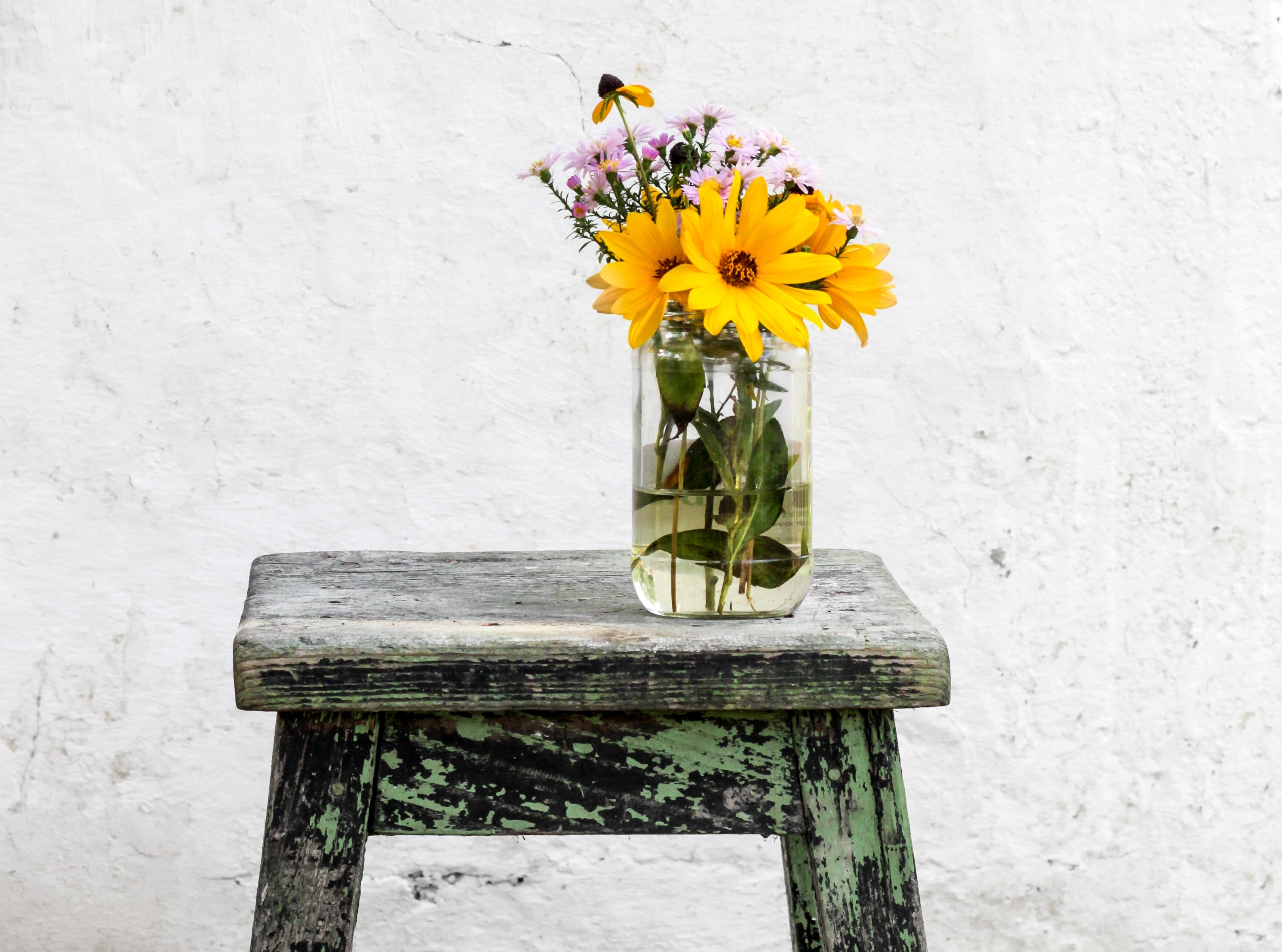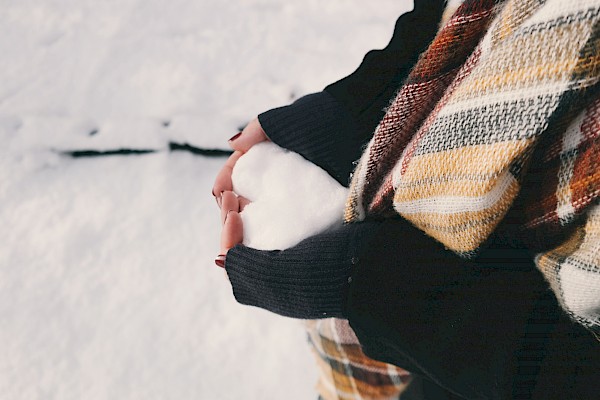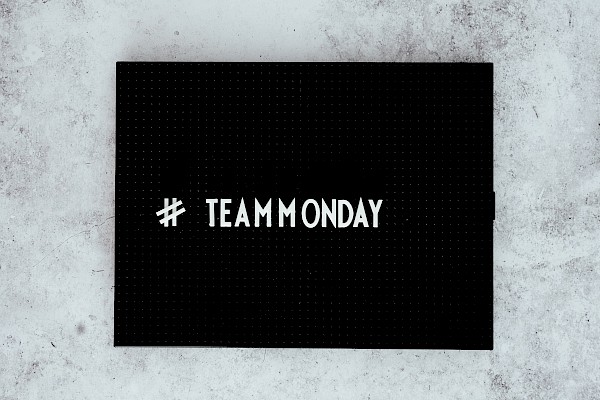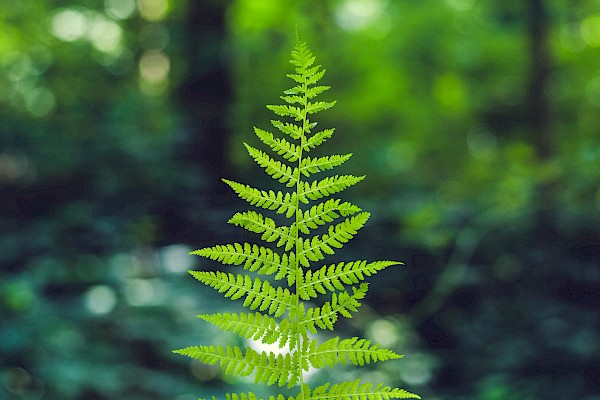Minimalism
For many people, spring means spring cleaning. Sorting old, broken, barely used or unused things, then re-gifting them or disposing of them takes top priority. Are you also planning to give your home a thorough clean and put it to rights? Apparently owning fewer objects not only makes your home look tidier, but also benefits your wellbeing. But is that really the case? And how do you live with minimalism? Find out in this article.
What is minimalism?
The Oxford English Dictionary defines minimalism as “the practice of using the minimum means necessary to achieve a desired result”. To make it clear, this is a voluntary restriction or reduction to the smallest number of things possible. For example, it isn’t minimalism if someone has financial reasons for only having what is absolutely necessary, and hasn’t voluntarily decided to live in this way.
If you choose this lifestyle, you want to distance yourself from excessive consumption and abundance in life, and focus particularly on your own values. What is especially important to you? What do you need? What is really necessary in your life?
How does minimalism affect us?
In 2021, Joshua Hook’s research group published a review article investigating the links between minimalism and wellbeing. In their analysis of 23 studies, they established that the majority demonstrated a positive correlation between these two constructs. This means that a voluntarily minimalist lifestyle is more associated with wellbeing. However, it should be noted that certain studies couldn’t find a link and certain others also had mixed findings. One of the things this can be attributed to is the varying definition of wellbeing, and the different ways in which it is measured. The authors assume that the people investigated were better able to control the urge to consume, and that this is responsible for the positive correlation. These people are aware of what they want and rarely made unconsidered impulse purchases. What’s more, it could be that people leading this lifestyle are better at identifying their psychological needs, such as autonomy, connectedness and competence, and are also better able to satisfy them. This has a positive effect on wellbeing.
So, is less really more?
As so often happens, not even minimalism is a recipe for everyone to be or become happier or more contented. Whether living a minimalist life has positive or negative effects seems to depend on the individual. That means that less isn’t always more – it can, simply, actually be less. Additionally, whether you consciously and deliberately opt for such a lifestyle or if you are forced into it by external circumstances is also hugely important.
So is more, more? A life of excess is, however, also not advisable. More items or objects will not automatically make you happier. People who only define themselves by what they consume and who believe that their wellbeing depends on the ownership (or quantity) of certain objects tend to be less contented and more anxious, and tend to spend money on impulse.
What’s more, studies have shown that material things make us less happy than adventures and experiences. They are better for our mental wellbeing. One of the things responsible here is the adaptation process. Over time, we become accustomed to circumstances or even to objects. If we buy ourselves a fantastic watch, or receive one as a present, we are really pleased with it, particularly at first. But this doesn’t last long. We get used to the watch and it loses its initial charm. Sometimes this happens even faster than we like. But the adaptation process is slower when we experience things or have adventures with others. The joy lasts for longer. What’s more, such adventures shape our identity much more strongly than material things. If we experience something with other people, our bond with them is strengthened, and some things are then never forgotten. However, even with experiences there is the risk of always wanting more of them, just like objects. Every trip, every journey, must be more exciting and more luxurious than the last. We can end up wanting more and more and ultimately still being discontented.
“Think not so much of what you lack as of what you have.”
- Marcus Aurelius -
Tips
- Be aware of what objects there are around you. Frequently we no longer even notice many things properly and have no idea what we own. Next time you walk around your home, do it consciously and be mindfully aware of your surroundings. Stop for a moment and ask yourself: what do I really need?
- There is more than one sort of minimalism. For some people, it means moving into a tiny house, and for others owning no more than 100 things. Only you can define what it means for you. You can reduce the number of your possessions without having to give them all away immediately. If you want to limit your possessions, then choose a level that suits you. For example, ask yourself if you can share certain items with others or whether it is really necessary to own everything yourself.
- If you aren’t sure whether you want to give up certain things or not, you could put them in a box and put it in the cellar or attic for a certain amount of time (e.g., three months). When this time is up, and you haven’t missed or needed any of the items, you can re-gift or donate them as the occasion arises. Make someone happy by doing so.
- It’s highly possible that you attach great importance to certain items, even though they no longer look appealing on the outside, and even if several different people have already advised you to get rid of them. This is because we often connect objects with experiences in our lives. As such, they contribute to our own identities. Keep such items until you yourself feel ready to part from them. Because, as you know, less isn’t always more, but it’s worth repeatedly asking yourself questions about what you own, and being aware of what you own, whether you still want it or need it, or not.
“The best way to find out what we really need is to get rid of what we don’t.”
- Marie Kondō -
References
The Oxford English Dictionary, minimalism. Online. Viewed on 16 May 2022.
Hook, J. N., Hodge, A. S., Zhang, H., Van Tongeren, D. R., & Davis, D. E. (2021). Minimalism, voluntary simplicity, and well-being: A systematic review of the empirical literature. The Journal of Positive Psychology, 1-12. https://doi.org/10.1080/17439760.2021.1991450
Schaarschmidt, T. (2020, 13 January). Ist weniger mehr? Spektrum. https://www.spektrum.de/news/minimalismus-ist-weniger-mehr/1695148
 subscribe to newsletter
subscribe to newsletter


